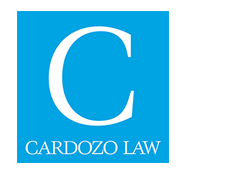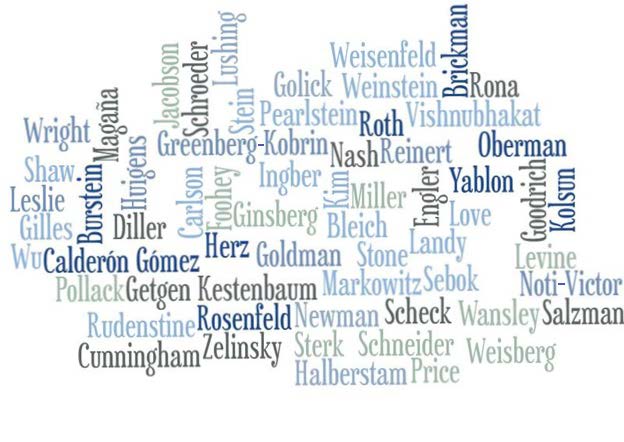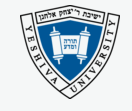Description
My name is Kate Shaw, and I am a Professor of Law at Cardozo Law School, where my work focuses, among other things, on executive power and questions of constitutionalism outside the courts. Before I entered law teaching, I worked as an Associate Counsel in the White House Counsel’s Office, from 2009–2011.
I understand that the purpose of today’s hearing is to evaluate recent breakdowns in the process for resolving conflicts between executive privilege and congressional oversight. My testimony will therefore offer some brief background on executive privilege, both generally and in the context of Congress’s exercise of its oversight authority. It will then address recent developments—in Congress, the executive branch, and the courts—surrounding the interaction between executive privilege and congressional oversight. As my testimony will explain, long-standing norms of interbranch cooperation and accommodation have come under serious strain in recent years, and the process is clearly in need of reform. I’ll therefore conclude with some thoughts about possible paths forward.
This statement draws on legal authority from both courts and the political branches. But judicial authority in this area is limited: historically, most disputes between Congress and the executive branch over access to information have been resolved within the political branches, not in the courts. So, while I will address the handful of court cases that grapple with the contours of executive privilege, equally or more important here are the principles and practices that for decades have guided the political branches in their approach to executive privilege, and that in recent years have largely collapsed.
Publication Date
8-3-2021
Disciplines
Constitutional Law
Recommended Citation
Shaw, Katherine A., "Breaking the Logjam: Principles and Practice of Congressional Oversight and Executive Privilege" (2021). Testimony. 7.
https://larc.cardozo.yu.edu/faculty-testimony/7



